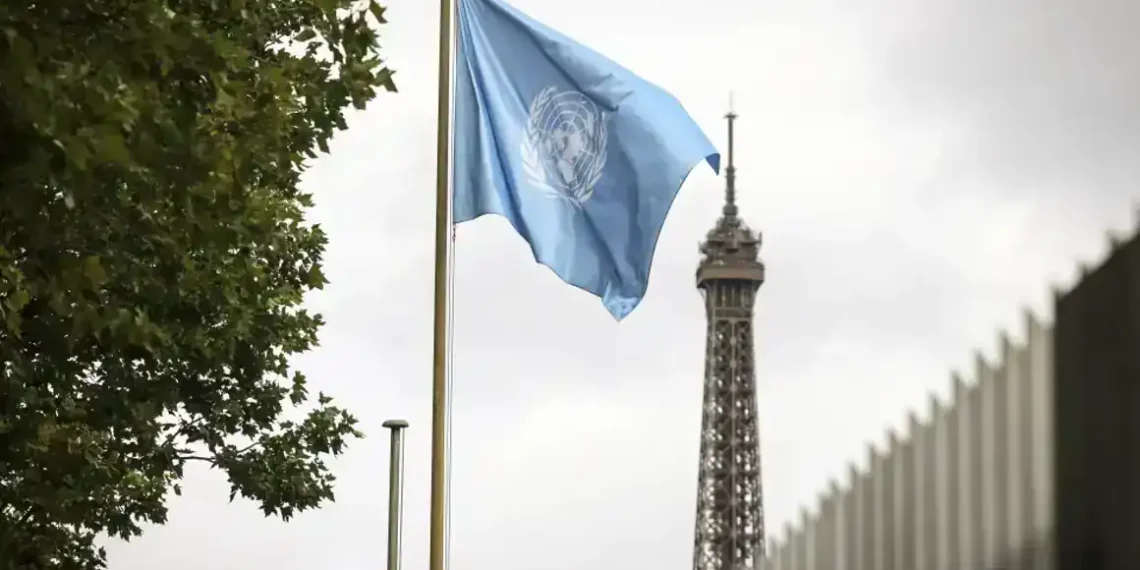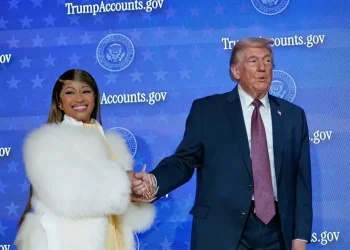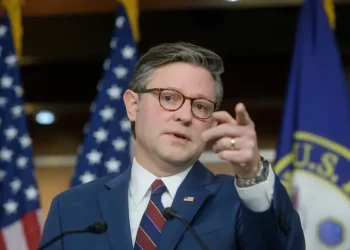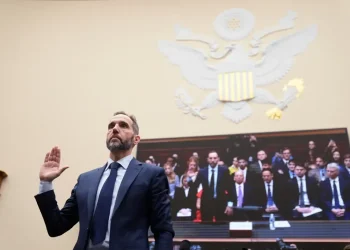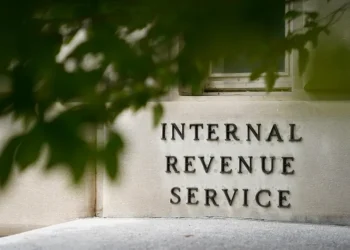U.S. Plans to Leave UNESCO Again, Citing Political Bias and National Interest
The Trump administration has announced plans to withdraw the United States from UNESCO, the United Nations’ cultural and educational agency, by the end of 2026. The move comes just two years after the Biden administration rejoined the organization. The decision is part of a broader shift in U.S. foreign policy under former President Trump, who has pushed for reducing America’s involvement in international organizations.
This change could have lasting effects on global cultural programs, education, and science initiatives that the U.S. has long supported through UNESCO.
What Is UNESCO and Why It Matters
UNESCO, short for the United Nations Educational, Scientific and Cultural Organization, is known around the world for protecting cultural landmarks and promoting education and scientific collaboration. Its famous World Heritage program recognizes important sites like the Grand Canyon, the Taj Mahal, and Egypt’s pyramids.
But UNESCO also plays a big role in global efforts to expand education, fight misinformation, and set technology standards—issues where the U.S. has traditionally taken a lead.
Why the U.S. Is Withdrawing
The Trump administration says it no longer believes U.S. participation in UNESCO is in the country’s best interest. In a statement, State Department spokesperson Tammy Bruce accused the agency of promoting “divisive social and cultural causes.” She also criticized UNESCO for admitting Palestine as a member state back in 2011, calling that decision “highly problematic” and a source of anti-Israel sentiment within the organization.
This echoes the same reasoning used during Trump’s first term, when the U.S. withdrew from UNESCO in 2018. At that time, the administration also cited anti-Israel bias and concerns about the agency’s direction.
What This Means for UNESCO
UNESCO’s Director-General Audrey Azoulay said she was disappointed by the U.S. decision but not surprised. She pointed out that the agency has changed in recent years and worked hard to become a more neutral and consensus-driven forum.
“The reasons put forward by the United States are the same as seven years ago,” Azoulay said. “But the situation has changed profoundly.”
She also pushed back against claims of bias, highlighting the agency’s work in Holocaust education and efforts to fight antisemitism.
Azoulay said the agency is prepared to continue its mission, even with reduced funding, and won’t lay off staff as a result of the U.S. exit.
Reactions from Around the World
Israel welcomed the decision. Danny Danon, Israel’s ambassador to the U.N., called it a “fitting response” to what he sees as UNESCO’s “misguided anti-Israel bias.”
On the other hand, critics of the move say it weakens U.S. leadership on the world stage. Rep. Gregory Meeks, a top Democrat on the House Foreign Affairs Committee, said the decision “cedes more ground to U.S. competitors, especially China,” which has been expanding its influence in global institutions.
France, where UNESCO’s headquarters are located, also expressed regret. Its foreign ministry praised UNESCO for advancing education, protecting endangered heritage, and promoting responsible technology. France said the organization plays a key role in preventing conflicts through culture and tolerance.
A Pattern of U.S. Withdrawals
This isn’t the first time the U.S. has pulled out of UNESCO. The Reagan administration left the agency in 1984, citing corruption and political bias. The U.S. returned in 2003 under President George W. Bush, only to leave again under Trump in 2018. Biden brought the country back in 2023, concerned that China was filling the void the U.S. had left—especially in areas like artificial intelligence and tech policy.
Now, with a new withdrawal planned for 2026, the U.S. is once again stepping back from UNESCO.
This move is part of a broader trend. Under Trump’s “America First” approach, the U.S. also pulled out of the World Health Organization and the U.N. Human Rights Council. The administration is currently reviewing America’s involvement in several other international groups.
Tammy Bruce said future exits are possible, depending on whether the organizations align with U.S. interests.
What Happens Next
Although the withdrawal won’t take effect until December 2026, it has already sparked debate in Washington and abroad. UNESCO has said it will continue working with American groups in education, science, and culture, even without formal U.S. membership.
“The United States is and always will be welcome,” Azoulay said. “We will keep working with our partners in the U.S. private sector, schools, and nonprofits.”
For now, the decision raises questions about the future of global cooperation in culture, science, and education—and what role the United States wants to play in shaping it.
This article was rewritten by JournosNews.com based on verified reporting from trusted sources. The content has been independently reviewed, fact-checked, and edited for accuracy, neutrality, tone, and global readability in accordance with Google News and AdSense standards.
All opinions, quotes, or statements from contributors, experts, or sourced organizations do not necessarily reflect the views of JournosNews.com. JournosNews.com maintains full editorial independence from any external funders, sponsors, or organizations.
Stay informed with JournosNews.com — your trusted source for verified global reporting and in-depth analysis. Follow us on Google News, BlueSky, and X for real-time updates.
